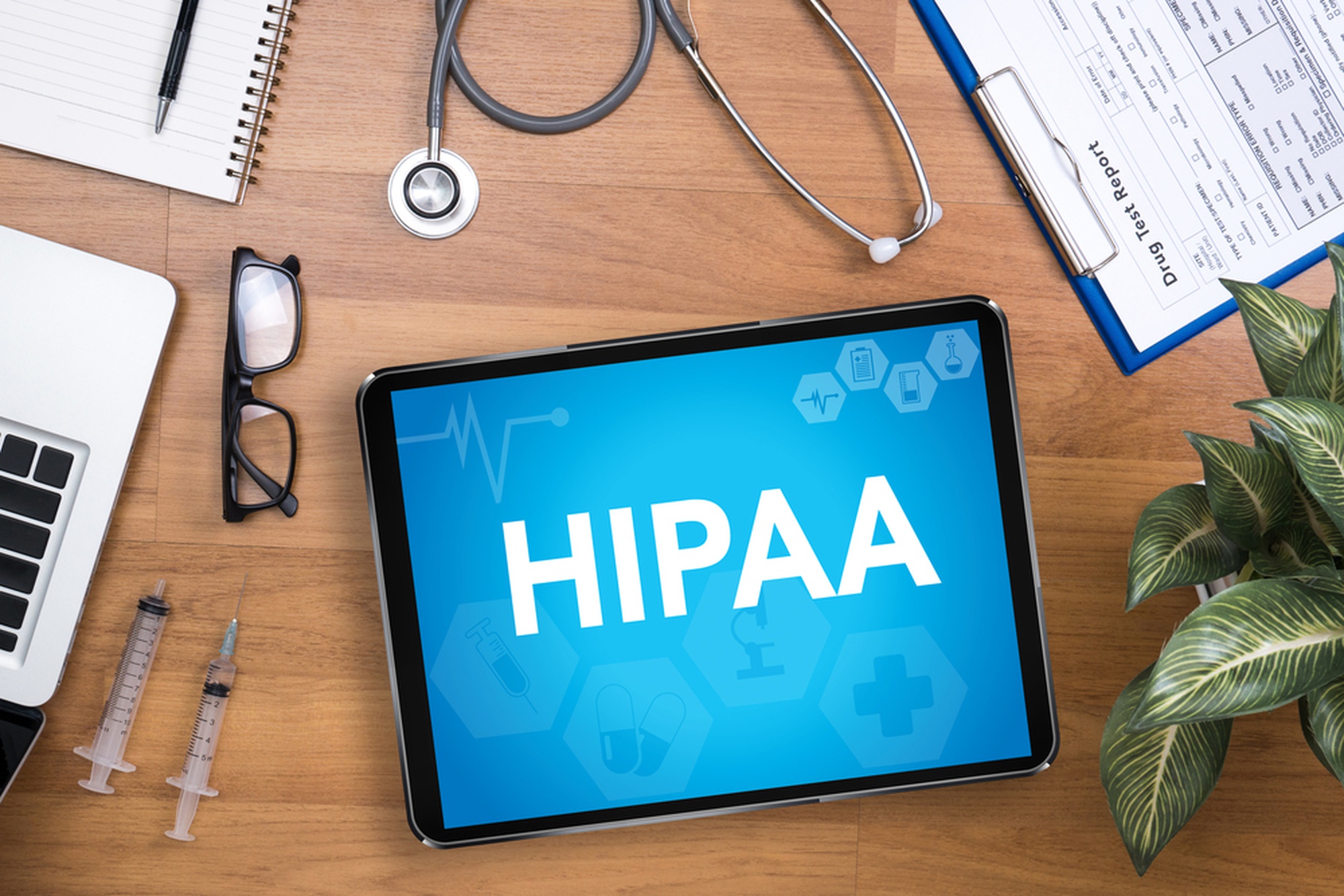In the age of digital technology, security of sensitive data is a priority for all businesses. Health Insurance Portability and Accountability Act, or HIPAA is a law that gives guidelines for the healthcare industry for managing information, storage, handling and protecting protected health information. HIPAA Compliance is important for healthcare providers to ensure privacy and avoid penalties, as well as maintain the trust of their customers.

HIPAA law covers health providers and plans, as well as health clearinghouses. Also, it includes business partners that are HIPAA-covered. PHI includes any information that could be used as a means to identify an individual. This includes addresses, names, credit card information, and Social Security numbers. PHI is of substantial black market value because of its potential role in identity theft.
The HIPAA Privacy rule provides guidelines for disclosure and use of personal health information (PHI). To ensure confidentiality, integrity and availability covered entities must adopt policies and procedures. These policies should include access control, security incidents procedures, security-related training and other measures to protect the privacy of PHI. These entities are also bound to limit their sharing and use of personal data only to what is needed to accomplish the purpose for which they were created.
HIPAA Security Rules requires that covered entities establish technical, physical, and administrative security measures to protect privacy, integrity and security of ePHI. These safeguards include audit controls, integrity checks, encryption security and contingency planning. Entities covered by the policy must periodically conduct risk assessments to detect potential weaknesses and then implement measures to minimize the dangers.
The HIPAA Breach Notification Rule requires covered organizations to inform affected persons, the Secretary of Health and Human Services, and, in some cases media in the incident of a breach of PHI that is not secured. The law defines a breach as the acquisition, access, use or disclosure of PHI in a way not permitted by the Privacy Rule that could compromise the privacy or security of PHI. Covered entities need to conduct a risk evaluation to determine the probability that the PHI has been compromised, as well as the harm that may result from the breach.
HIPAA stipulates that all employees receive ongoing education and training to ensure they understand their obligations and duties with regard to security and privacy of patients. The covered entities are also required to perform regular risk assessments in order to determine vulnerabilities and then implement mitigation measures. These measures may include implementing security measures, encryption of ePHI and creating contingency plans in the event in the event of a security-related incident.
Technology has had an enormous impact in all aspects of our lives including health care. Electronic health records revolutionized healthcare due to their ability to allow healthcare providers and patients to exchange information effortlessly. HIPAA compliance is essential due to the huge cyber-security risks that have been created. Information about patients is highly sensitive and needs to be secured at all costs. The increasing threat of cyberattacks on healthcare institutions makes HIPAA is more vital than ever before. HIPAA is a law that will help ensure privacy of patients and information security, which increases trust among patients towards their healthcare providers.
HIPAA compliance can allow healthcare providers to safeguard patient privacy while maintaining the trust of patients. Failure to adhere to HIPAA regulations could result in large fines, legal action and reputational harm. The Department of Health and Human Services’ Office for Civil Rights (OCR) is responsible in enforcing HIPAA regulations. They also have the authority to investigate complaints and conduct compliance audits.
HIPAA Compliance is essential for Healthcare Organizations to Secure Patient Privacy in the Digital Age. The regulations laid out by HIPAA set out precise guidelines for managing storage, processing, and safeguarding of protected health information. Healthcare organizations should have implemented policies and procedures to ensure they comply to HIPAA rules. They should also conduct regular risk assessments and educate and train their employees. They can stay clear of legal and financial penalties by maintaining the trust of patients.
For more information, click why was hipaa created
